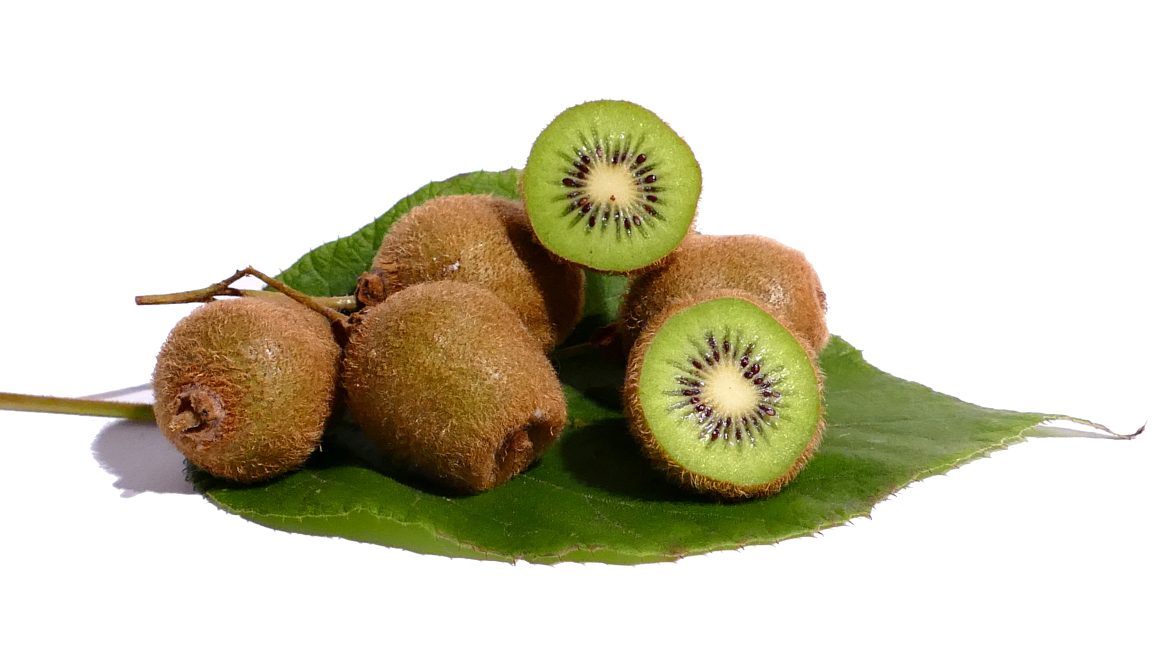As pet owners, we all want to provide our furry friends with the best possible care. Unfortunately, some pets may develop kidney disease, a condition that can significantly impact their quality of life. When it comes to managing kidney disease in pets, nutrition plays a crucial role. But with so many options available, selecting the right diet can be overwhelming. In this article, we’ll explore renal-friendly feasts and provide tips for selecting diets that support the health of pets with kidney disease.
1. “Savoring the Flavor: Crafting a Renal-Friendly Diet for Your Furry Friend”
Crafting a renal-friendly diet for your furry friend can be a challenging task, but it’s essential for their overall health and well-being. Here are some tips to help you savor the flavor while keeping their kidneys healthy:
– Choose high-quality protein sources: Low-quality protein can be hard on your pet’s kidneys. Opt for high-quality protein sources such as lean meats, eggs, and fish.
– Limit phosphorus: Too much phosphorus can be harmful to your pet’s kidneys. Choose foods that are low in phosphorus, such as white rice, green beans, and apples.
– Add healthy fats: Healthy fats such as omega-3 fatty acids can help reduce inflammation and support kidney health. Consider adding fish oil or flaxseed oil to your pet’s diet.
It’s also important to work with your veterinarian to create a personalized diet plan for your pet. They can help you determine the right balance of nutrients and monitor your pet’s kidney function over time. With a little creativity and some careful planning, you can savor the flavor while keeping your furry friend healthy and happy.
2. “Navigating Nutrition: Tips for Selecting Foods for Pets with Kidney Disease”
When it comes to selecting foods for pets with kidney disease, it’s important to pay attention to the nutritional content of the food. Here are some tips to help you navigate nutrition for your furry friend:
- Choose a food that is low in phosphorus and protein. This is because pets with kidney disease have difficulty processing these nutrients, which can lead to further damage to their kidneys.
- Look for foods that are high in omega-3 fatty acids. These can help reduce inflammation and improve kidney function.
- Avoid foods that are high in sodium. This can cause your pet to become dehydrated and put additional stress on their kidneys.
- Consider feeding your pet smaller, more frequent meals throughout the day. This can help reduce the workload on their kidneys and make it easier for them to digest their food.
It’s also important to work closely with your veterinarian to develop a nutrition plan that is tailored to your pet’s specific needs. They may recommend a prescription diet or supplements to help support your pet’s kidney function. By working together, you can help ensure that your pet is getting the nutrition they need to stay healthy and happy.
3. “From Kibble to Cuisine: Elevating Your Pet’s Diet to Support Kidney Health
Pets are an integral part of our lives, and we want to ensure that they are healthy and happy. One of the most important aspects of pet care is their diet. As pets age, their dietary requirements change, and it becomes essential to provide them with the right nutrition to support their health. This is especially true for pets with kidney issues. Here are some tips to elevate your pet’s diet to support kidney health:
- Switch to a high-quality, low-protein diet: A low-protein diet is essential for pets with kidney issues as it reduces the workload on their kidneys. However, it is crucial to ensure that the diet is still high in quality and contains all the necessary nutrients. Consult with your veterinarian to find the right diet for your pet.
- Incorporate fresh, whole foods: Fresh, whole foods are an excellent addition to your pet’s diet. They are high in water content, which helps keep your pet hydrated, and they contain essential vitamins and minerals. Some great options include cooked sweet potatoes, green beans, and carrots.
- Limit phosphorus intake: Phosphorus is a mineral that can be harmful to pets with kidney issues. Limiting phosphorus intake can help reduce the workload on their kidneys. Avoid high-phosphorus foods like dairy products, organ meats, and processed foods.
By making these simple changes to your pet’s diet, you can help support their kidney health and improve their overall well-being. Remember to consult with your veterinarian before making any significant changes to your pet’s diet. In conclusion, selecting the right diet for pets with kidney disease is crucial in maintaining their health and well-being. With the help of a veterinarian and a renal-friendly diet, pets can still enjoy delicious and nutritious meals without compromising their health. Remember to always consult with a professional and monitor your pet’s condition to ensure they are receiving the best care possible. With a little extra effort and attention, pets with kidney disease can still enjoy a feast fit for a king.

